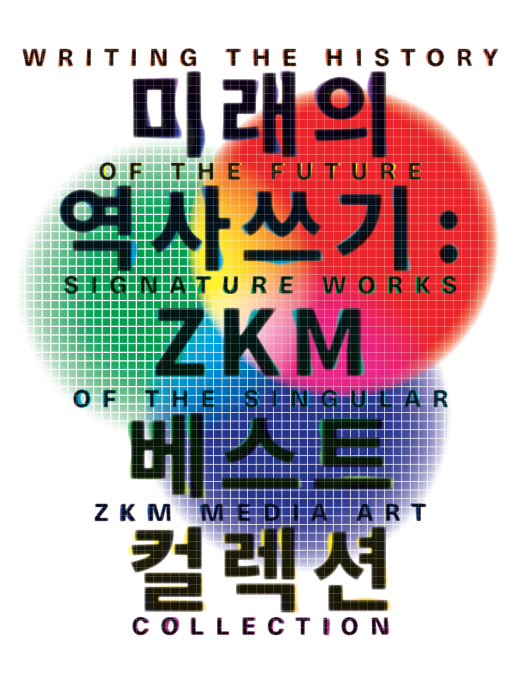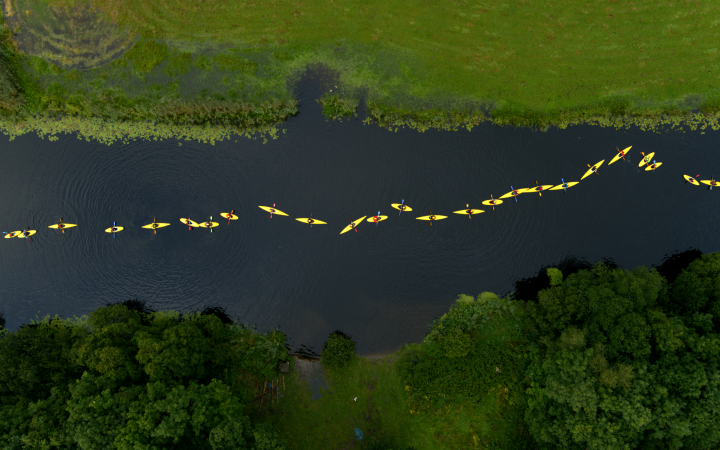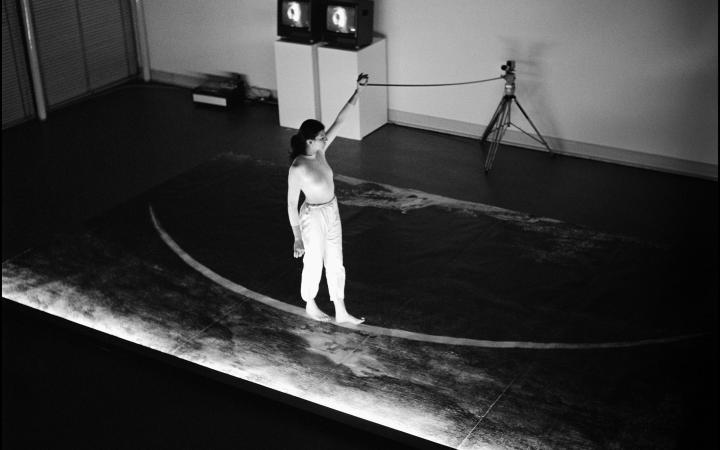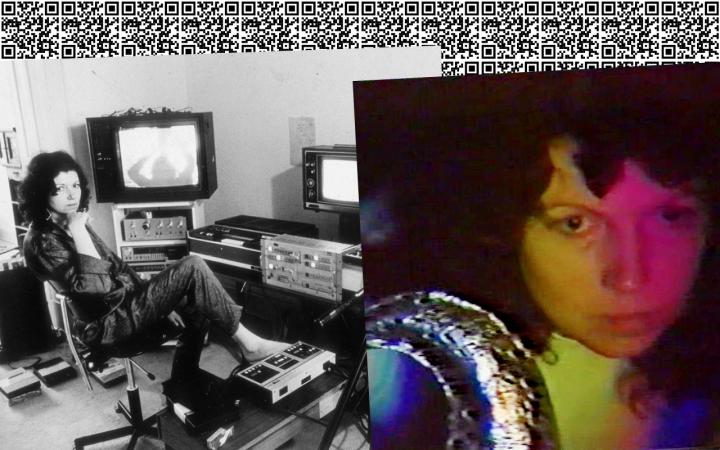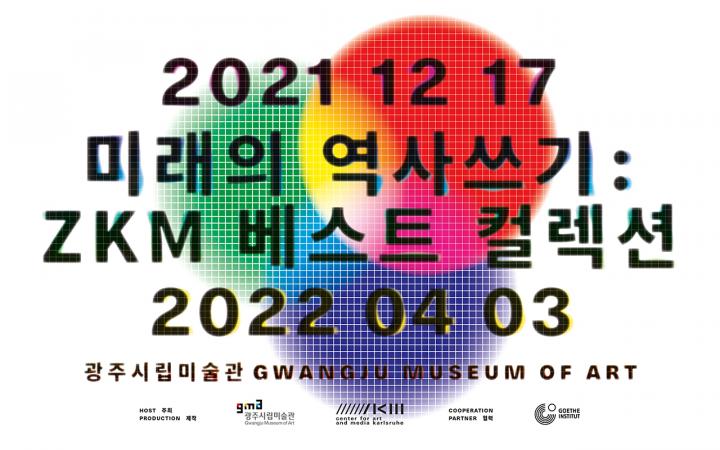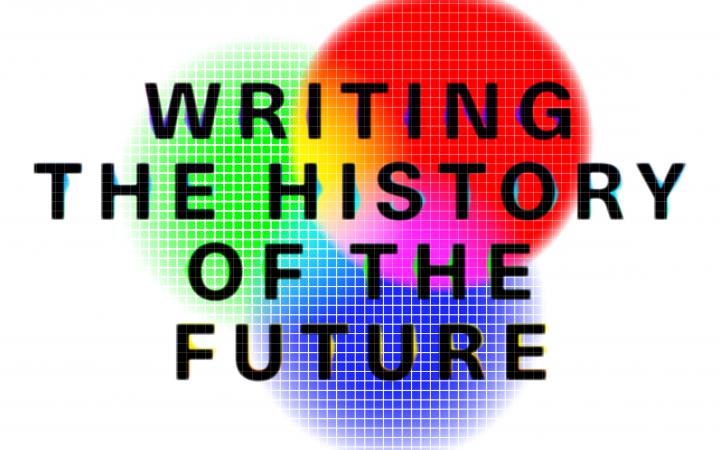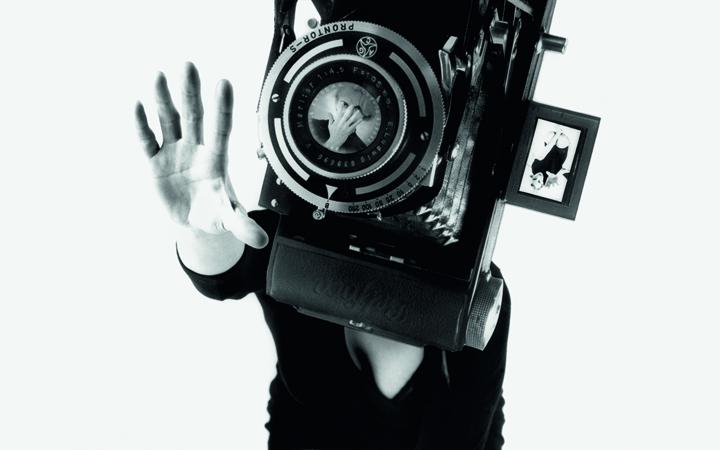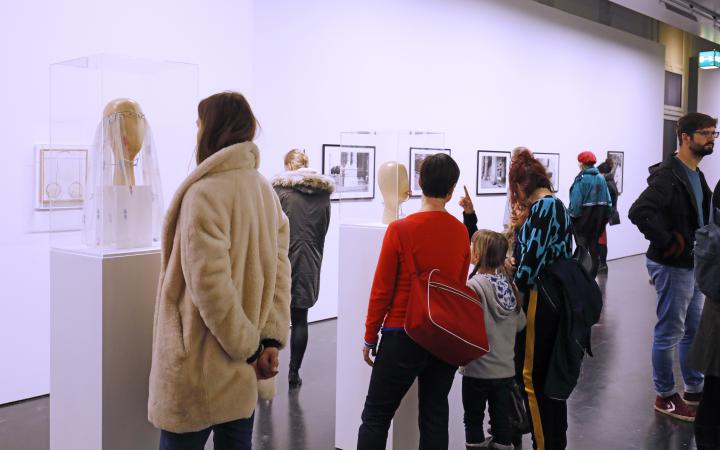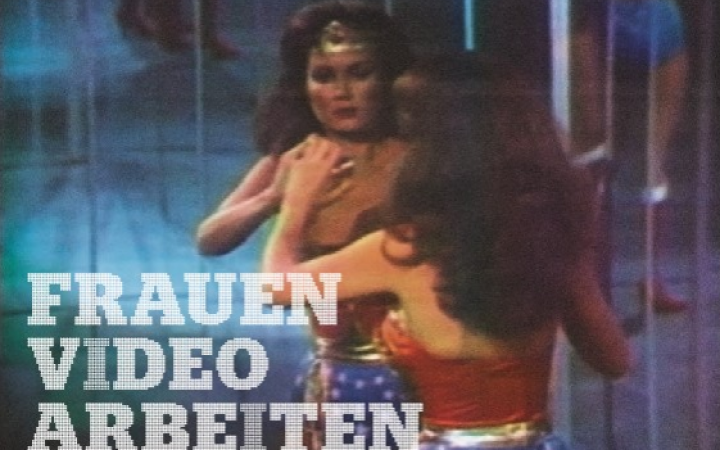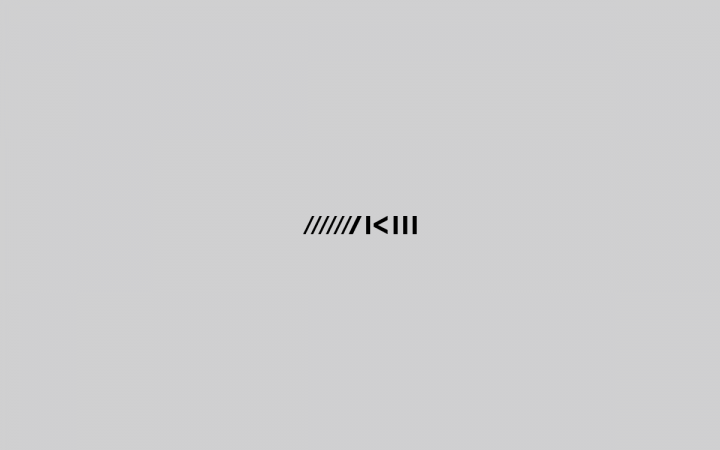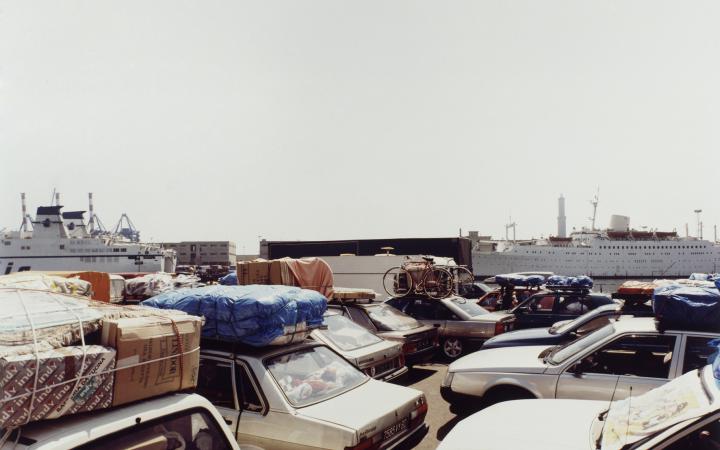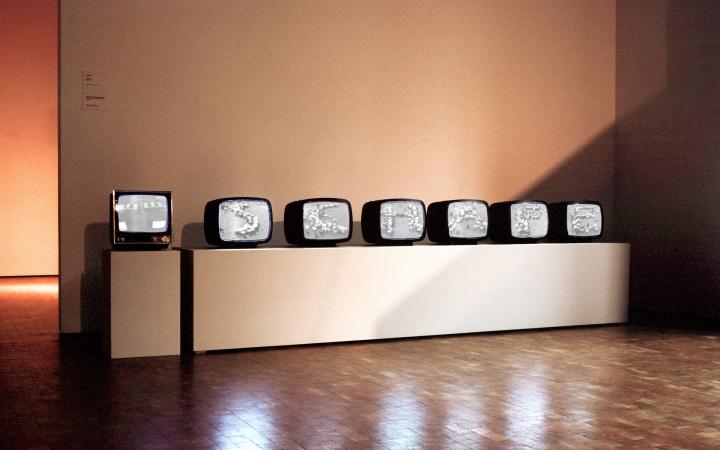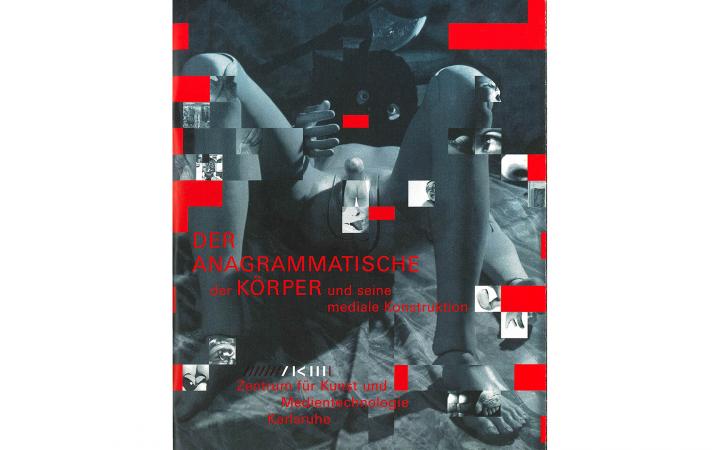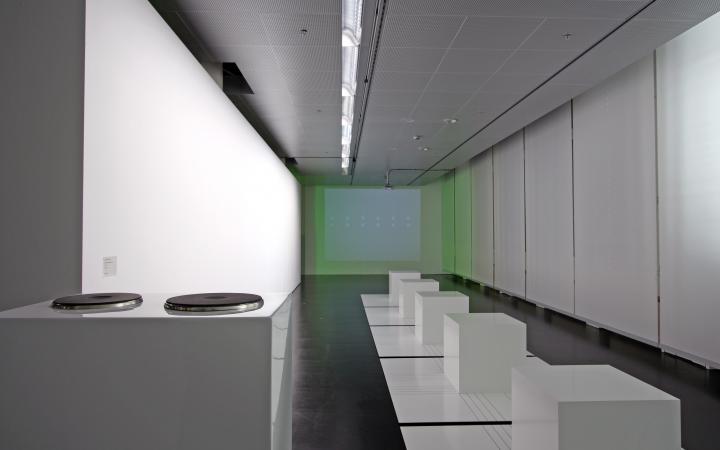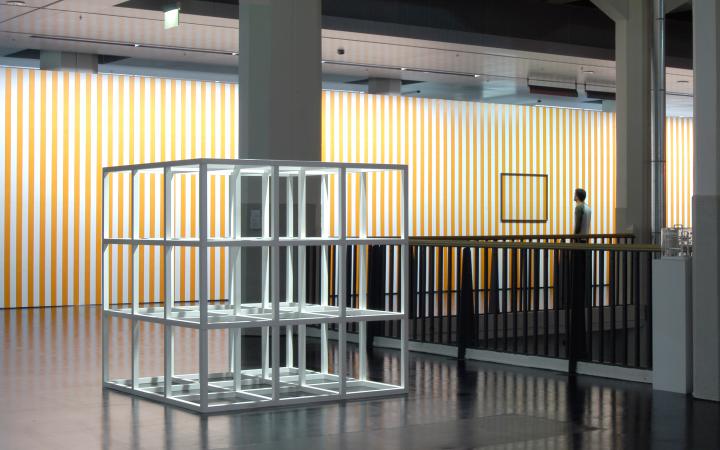- Collection & Archives
- People
- Ulrike Rosenbach
Ulrike Rosenbach
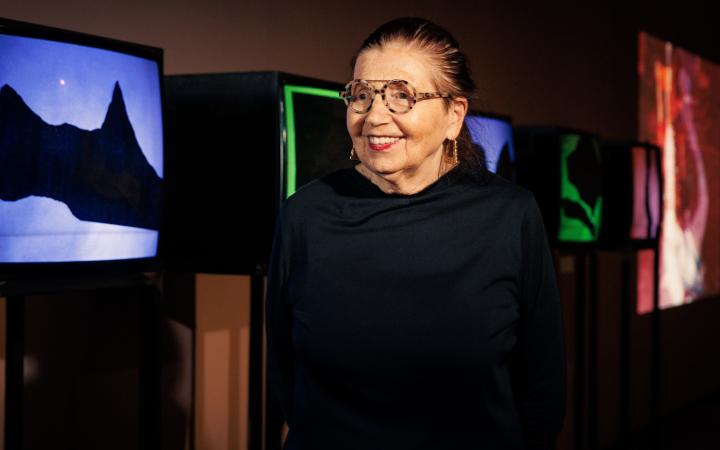
- Year of birth, place
- 1943, Hildesheim, Germany
- lives and works in
- Cologne, Germany
- Role at the ZKM
- in the collection, in the archives
- Biography
Ulrike Rosenbach studied sculpture at the Kunstakademie Düsseldorf from 1964 to 1970 with K. Bobeck, Norbert Kricke and Joseph Beuys. Her studies with Joseph Beuys led to her first contacts with the happening and Fluxus scene of the seventies. In 1971 Ulrike Rosenbach became aware of video as an artistic means of expression at the exhibition »prospect 71« at the Kunsthalle Düsseldorf. In 1972 she began to work with video herself and produced, among other things, her first live video actions. Her early performances, in which she used closed-circuit video, gained international recognition and made her the most renowned German video artist.
From 1973 to 1976 Rosenbach traveled several times to the USA and took on various teaching assignments, including feminist art and video art at the California Institute of Arts (CalArts), Valencia. In 1976 she founded the »School for Creative Feminism« in Cologne, which existed until 1982. As a political artist, she actively advocates equal rights for women artists in the international art world. In 1977 and 1987 she participated in documenta 6 and 8, teaching assignments and guest professorships took her to various European institutes, including the Berlin University of the Arts, the University of Applied Arts Vienna and the Uetrecht University. From 1989 to 2007, Rosenbach was professor of media art at the Hochschule der Bildenden Künste Saar in Saarbrücken, (as rector until 1993).
Her work has received numerous awards and grants internationally and has been presented in major exhibitions worldwide. She is a member of the Association of German Artists and since 2016 a member of the Akademie der Künste, Berlin, Visual Arts Section.
Ulrike Rosenbach lives and works near Cologne, Germany.
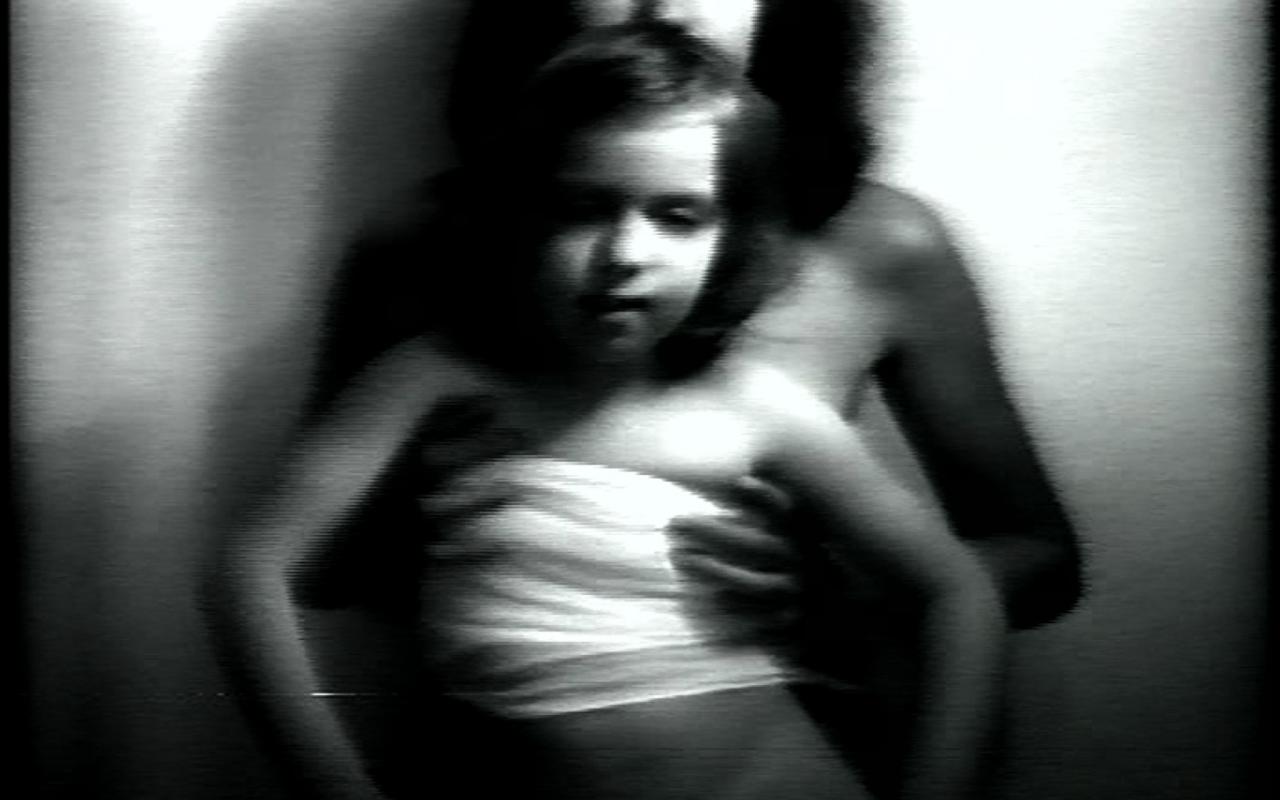
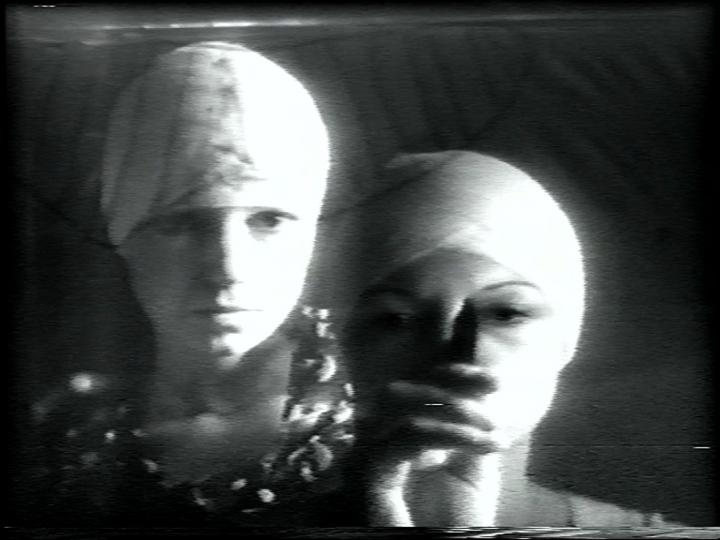
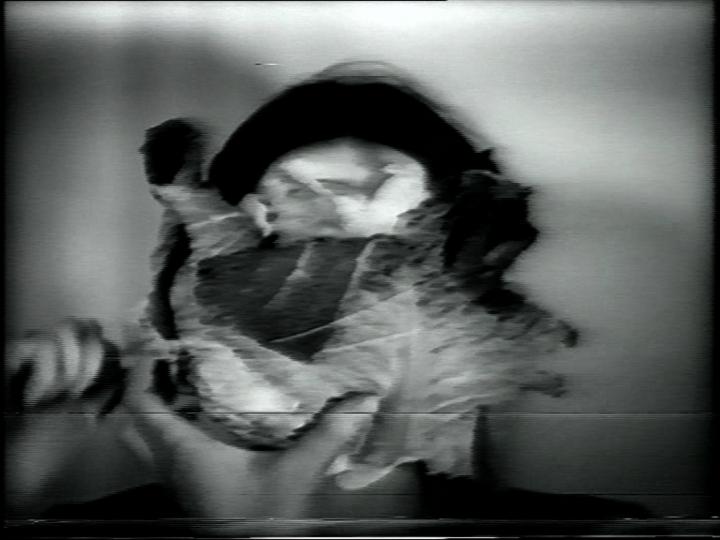
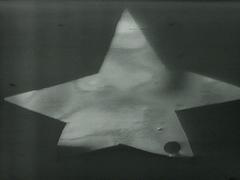
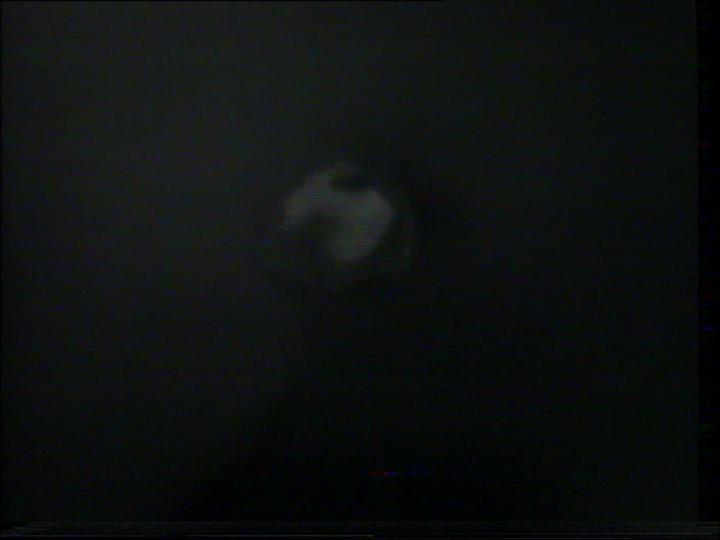
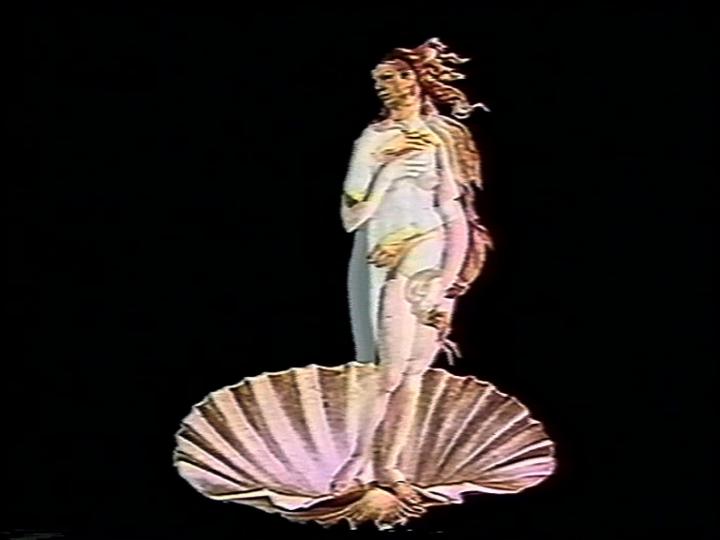
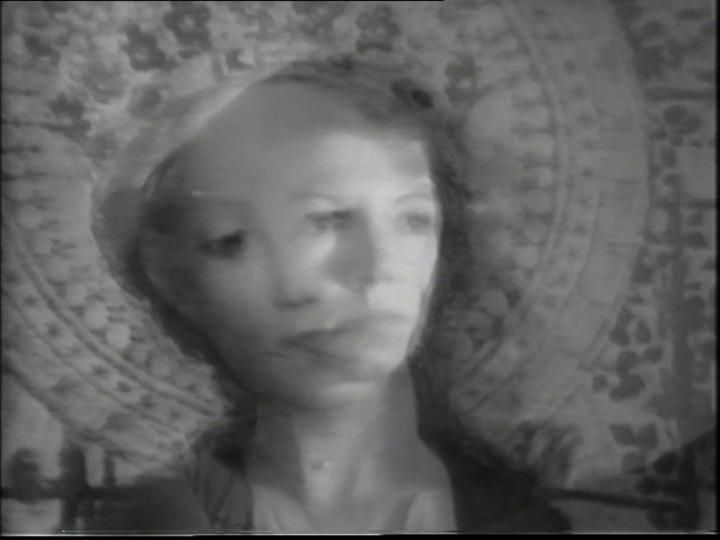
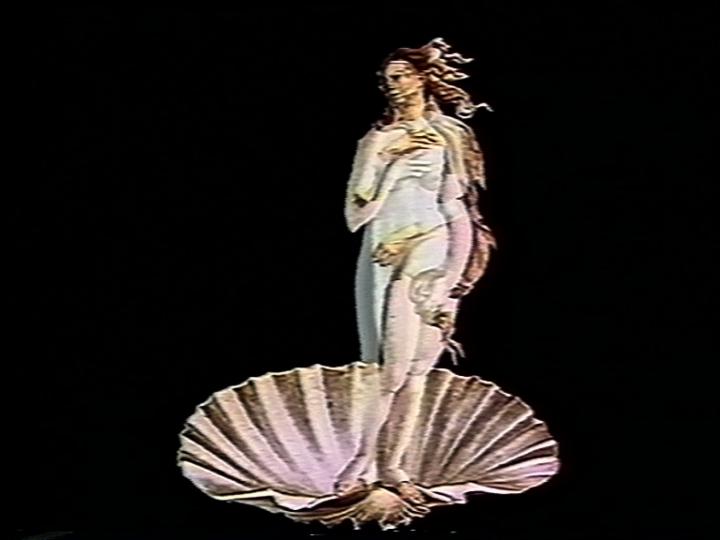
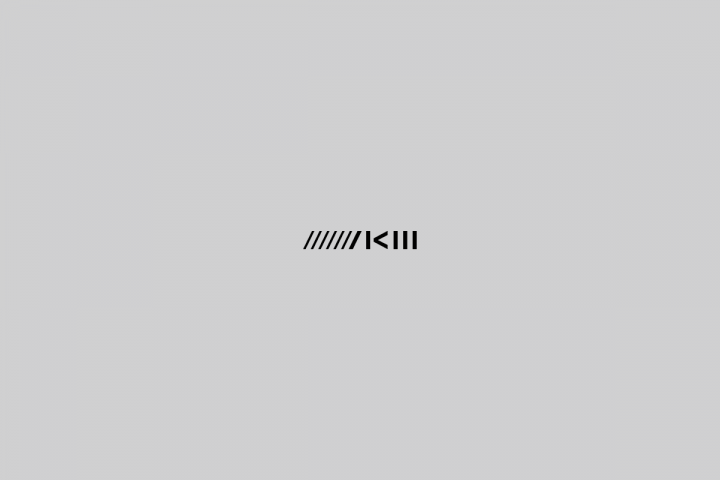
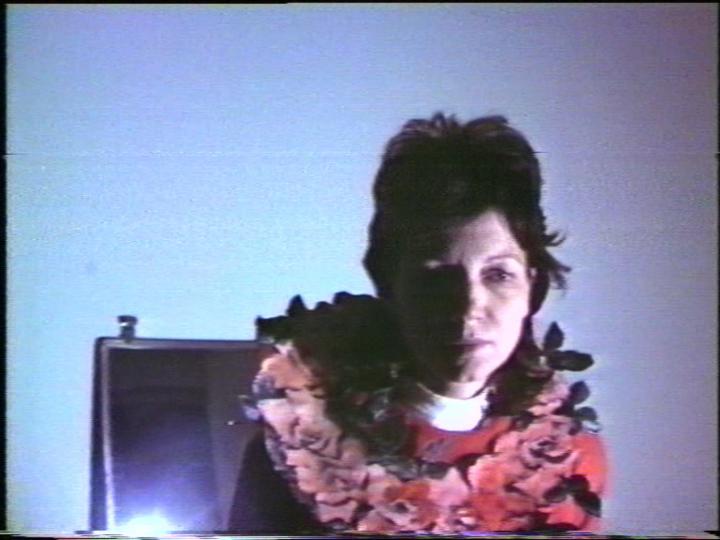
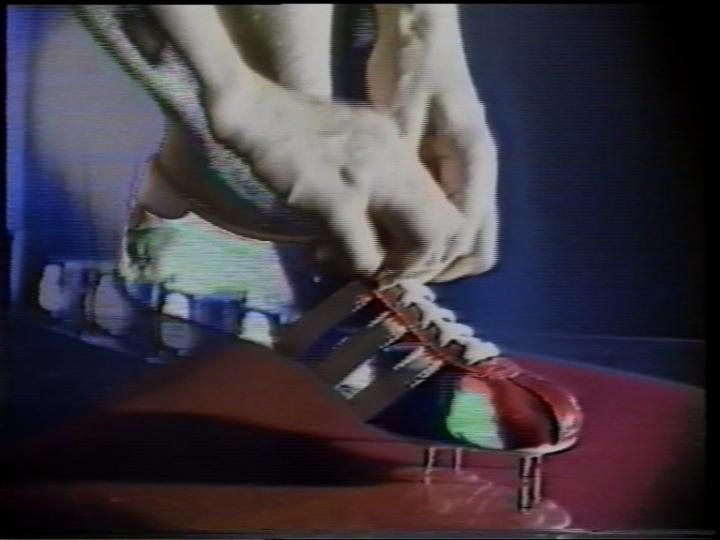
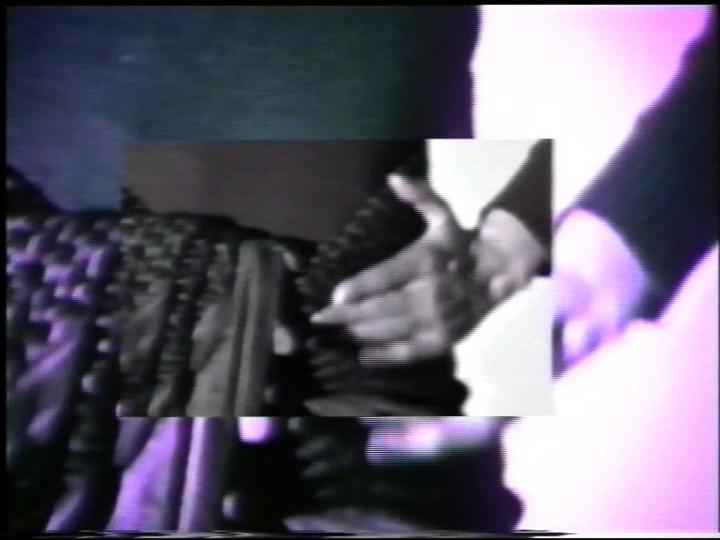

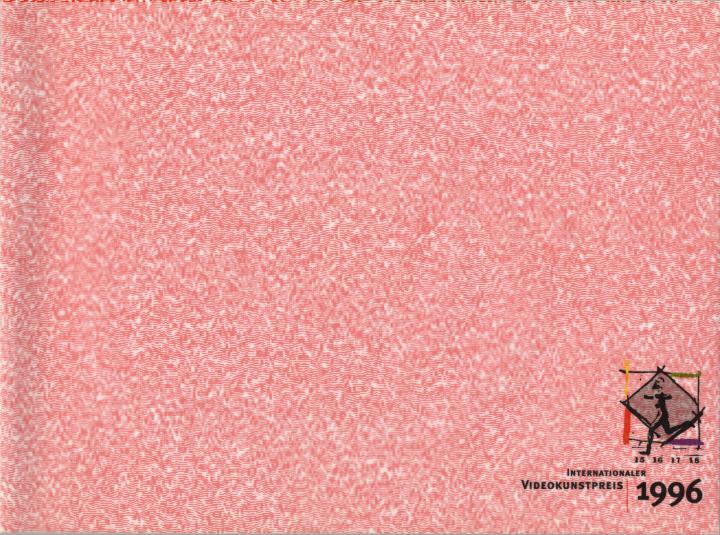
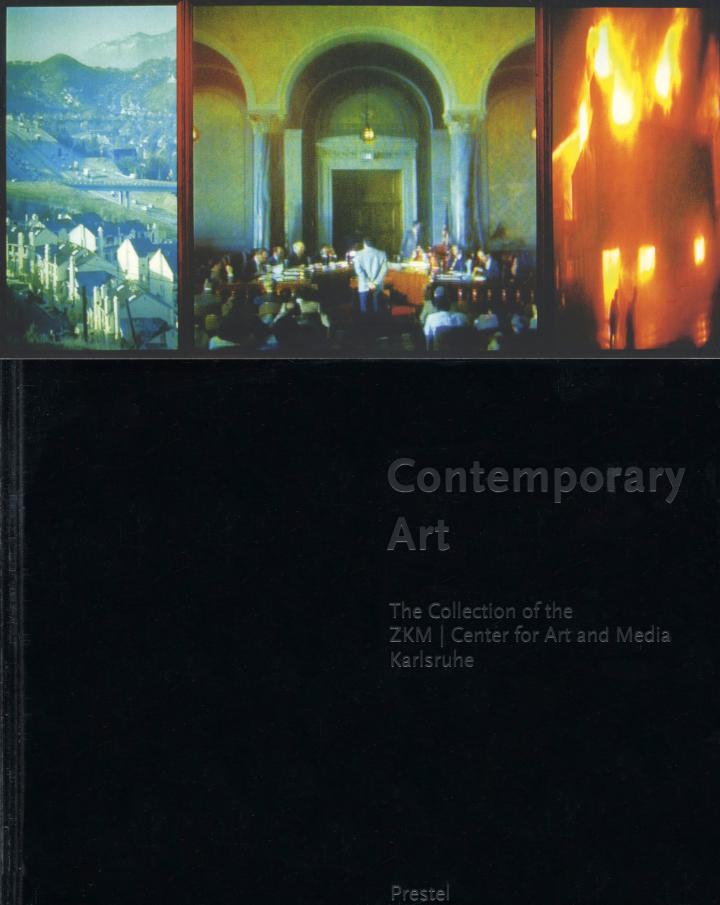
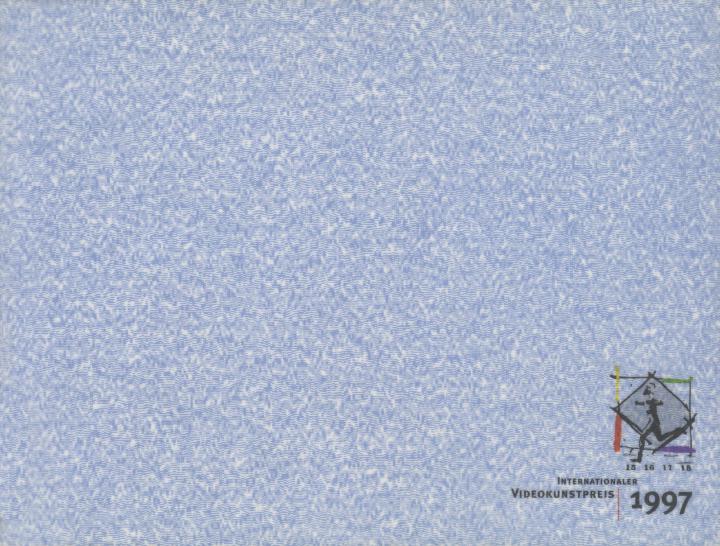
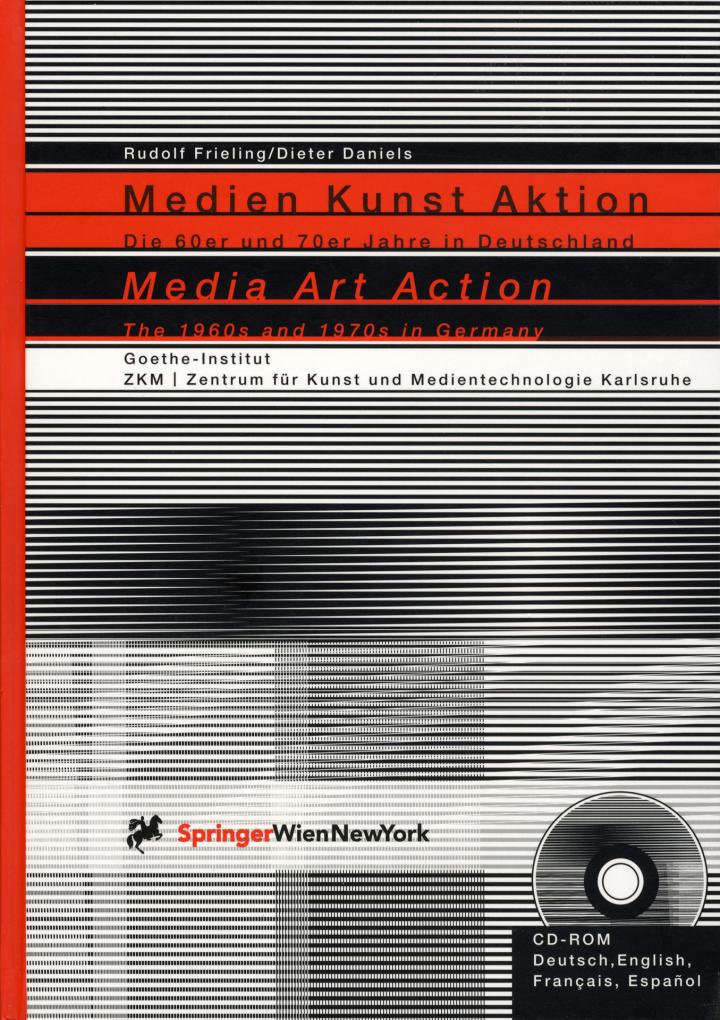
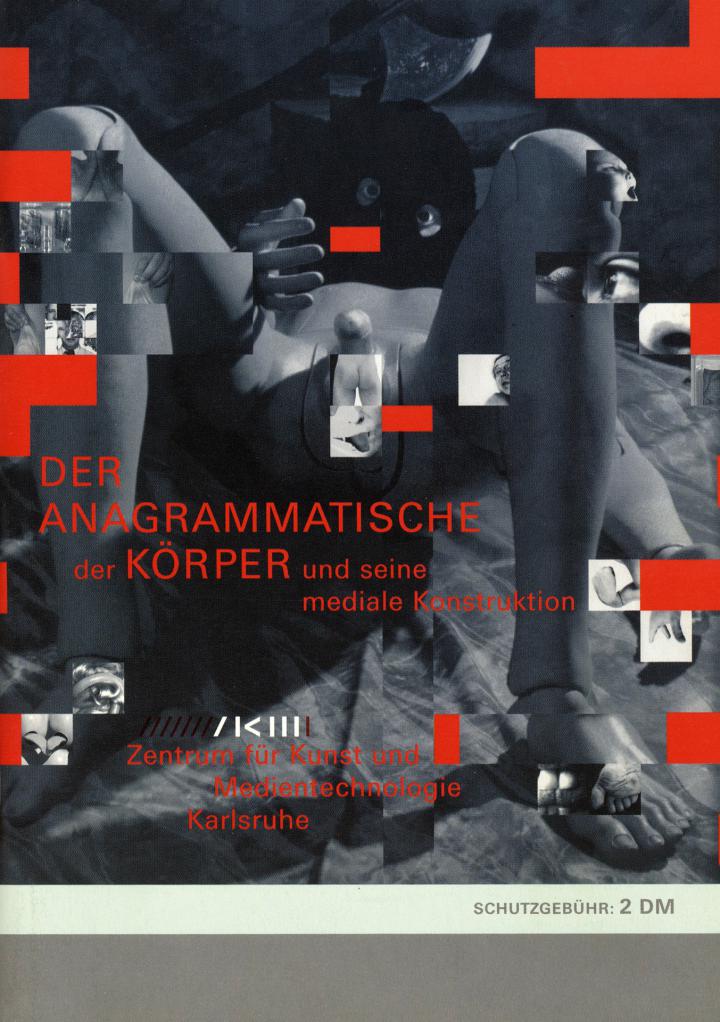
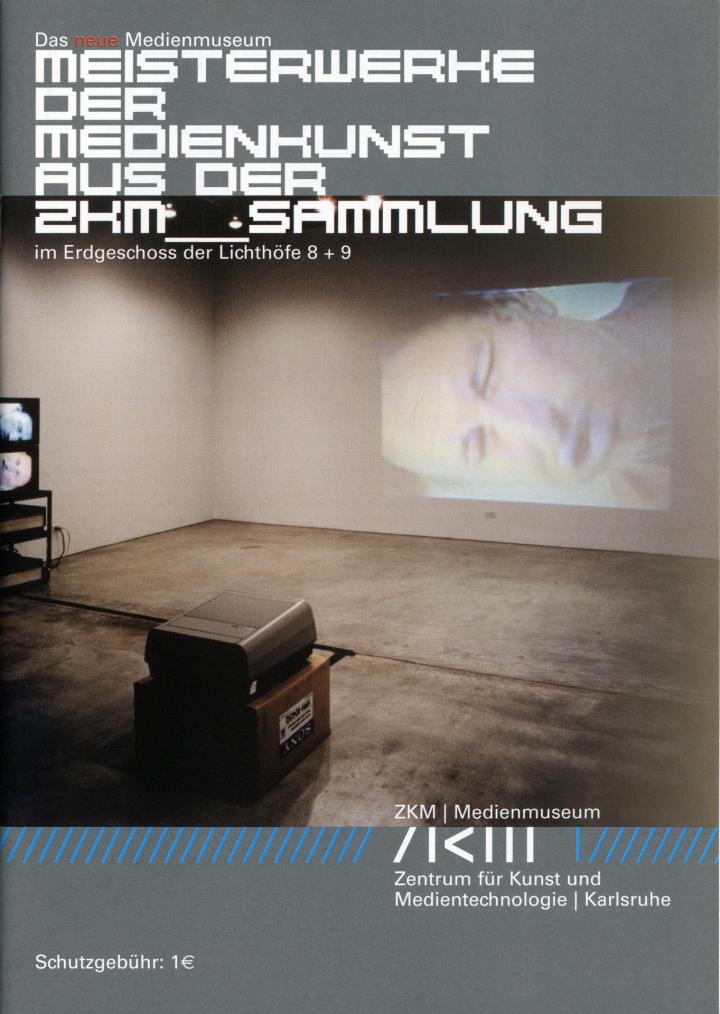
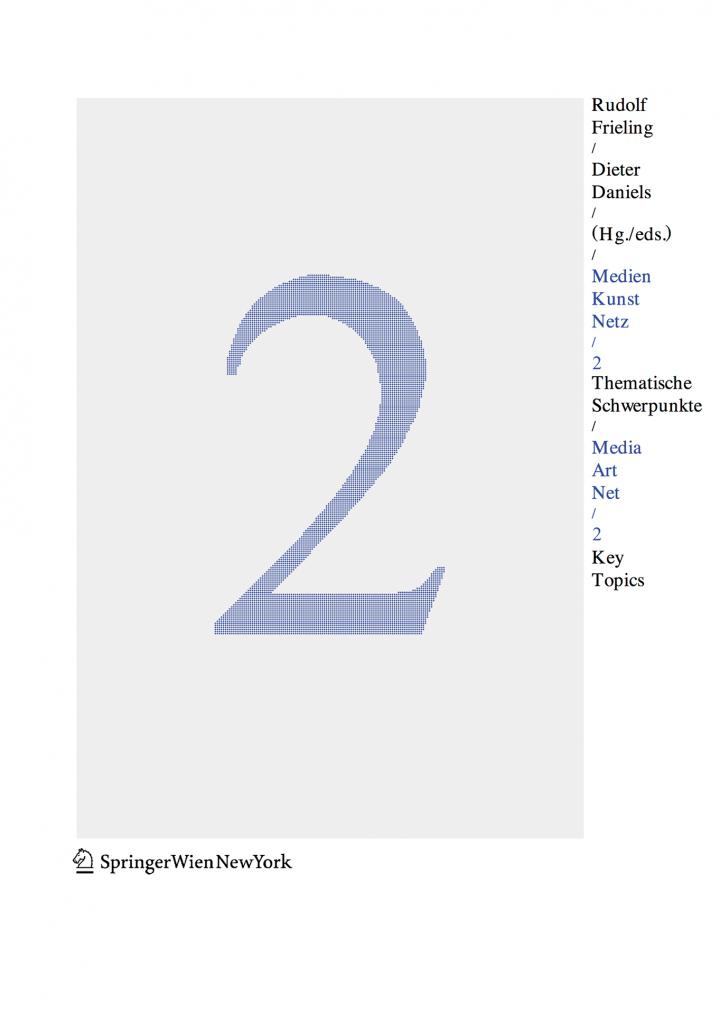
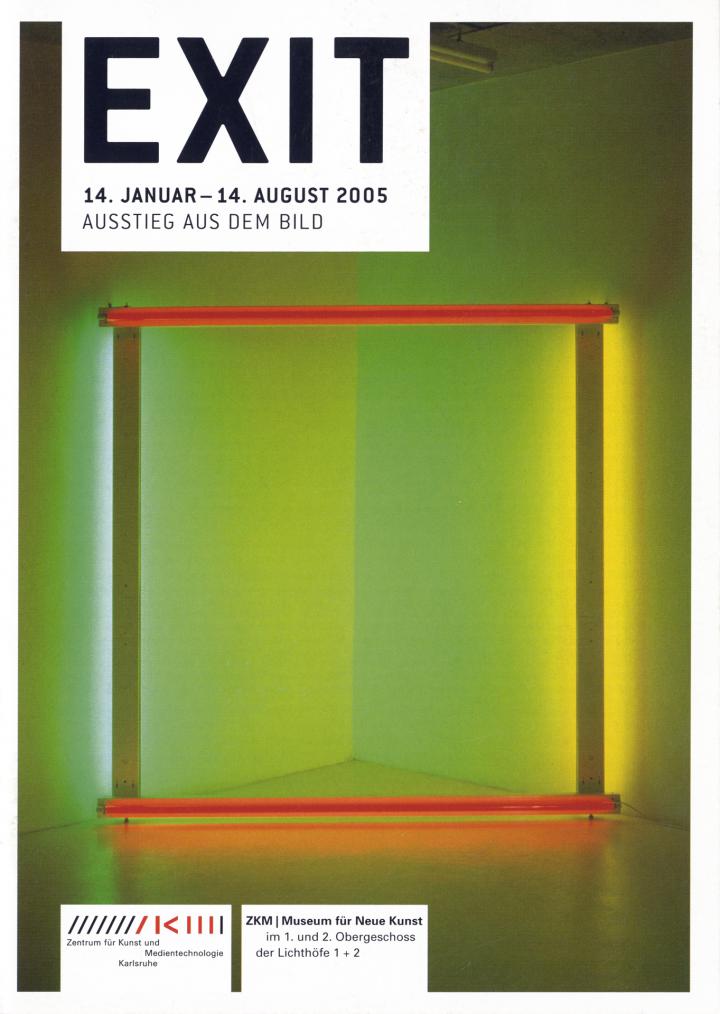
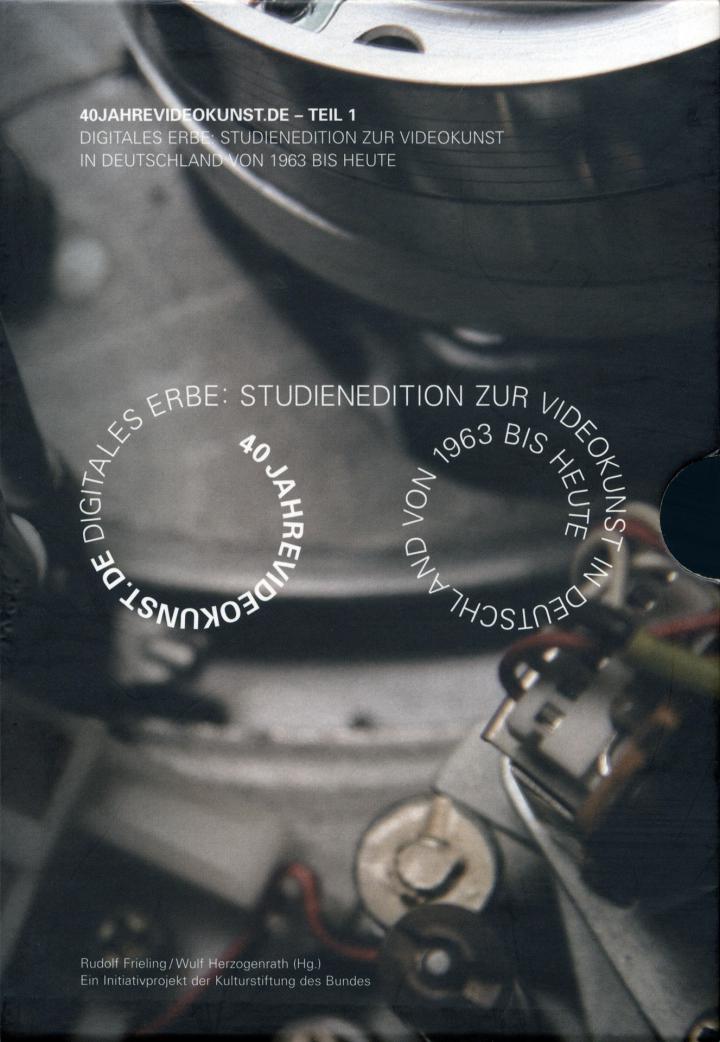
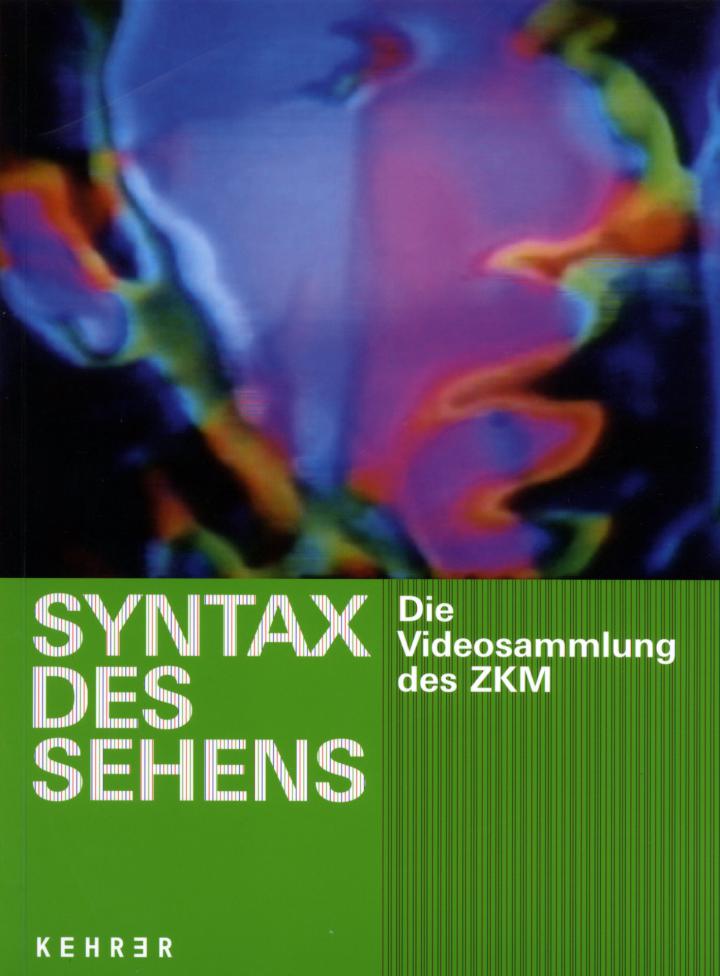
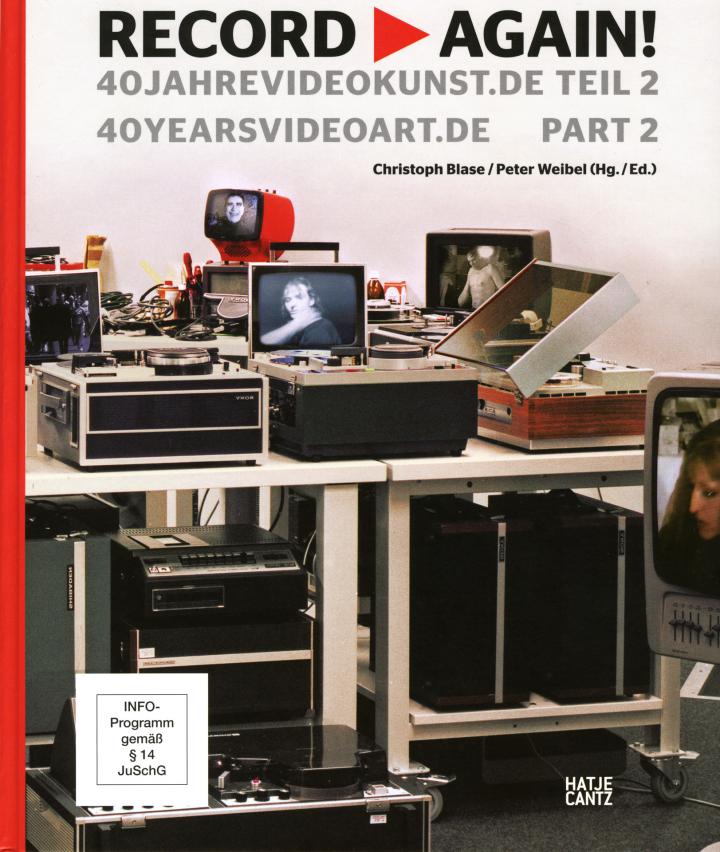
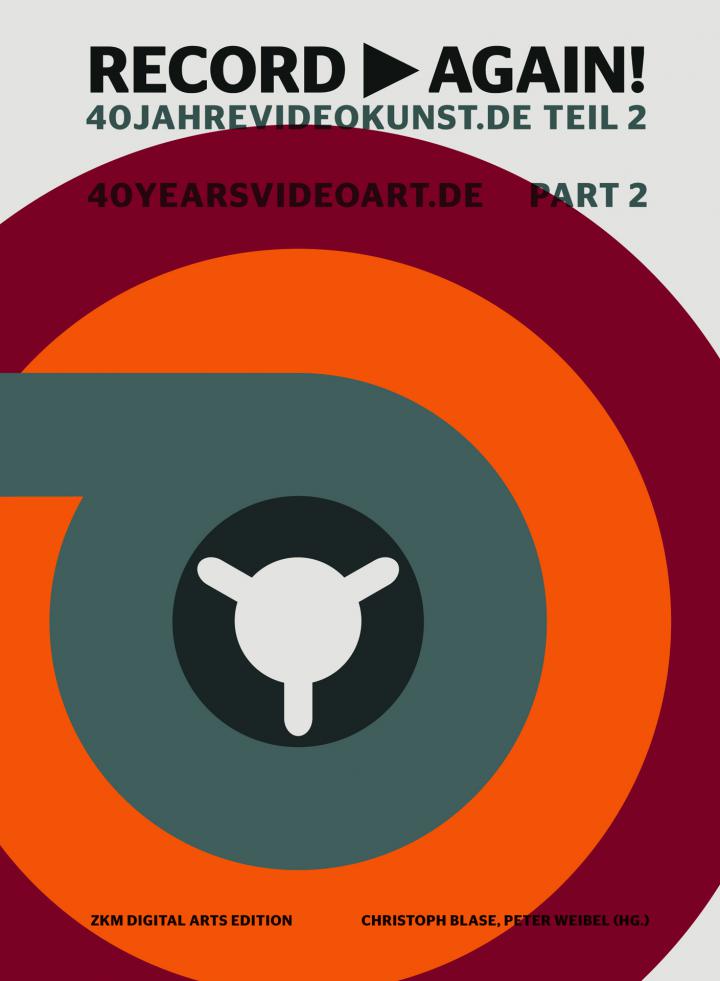
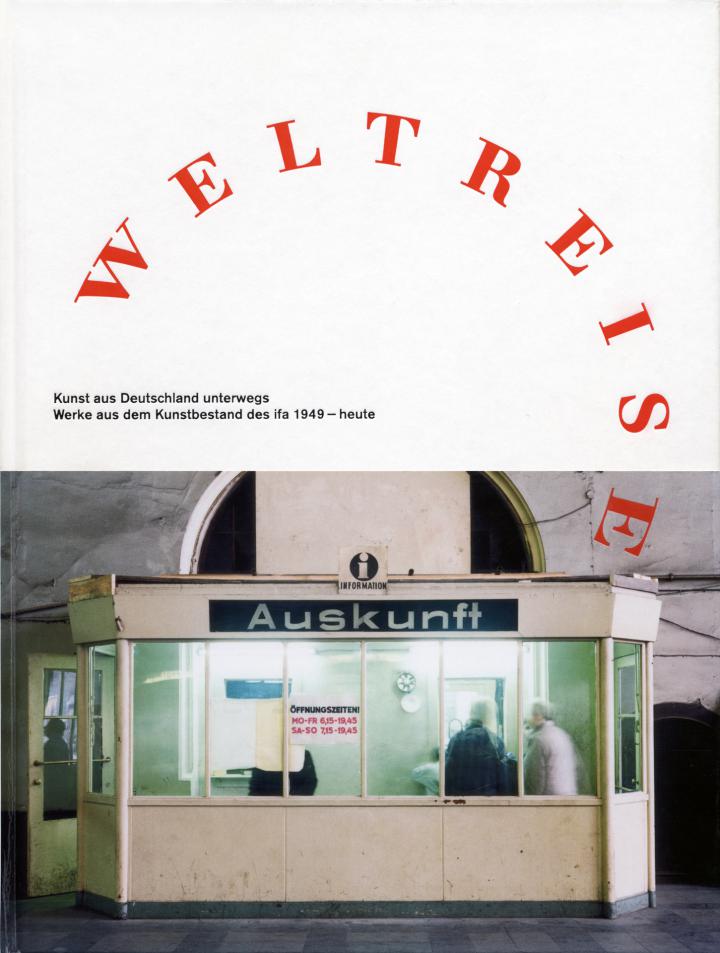
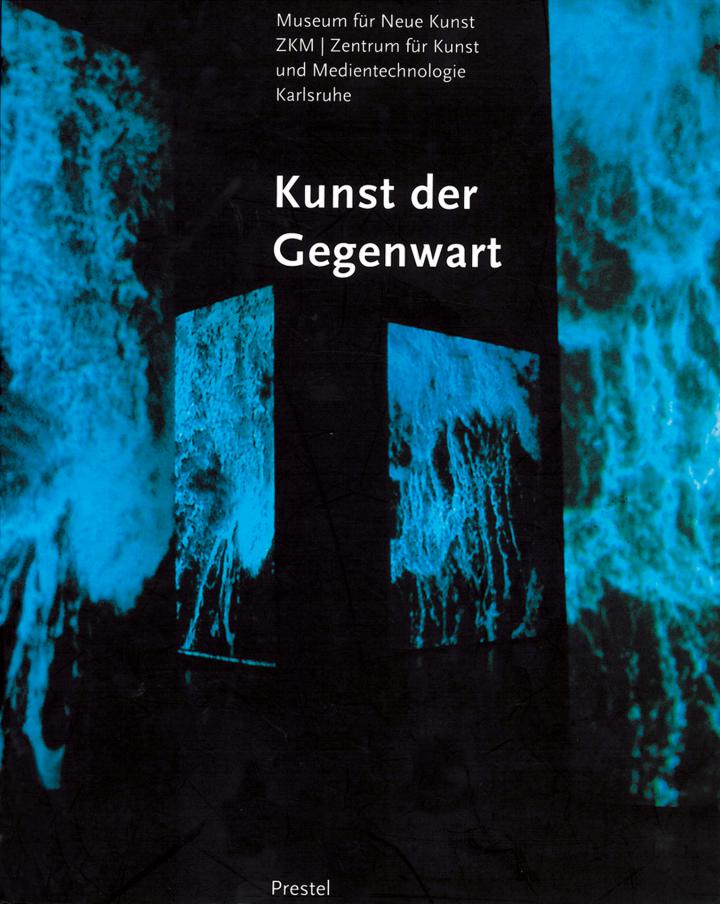
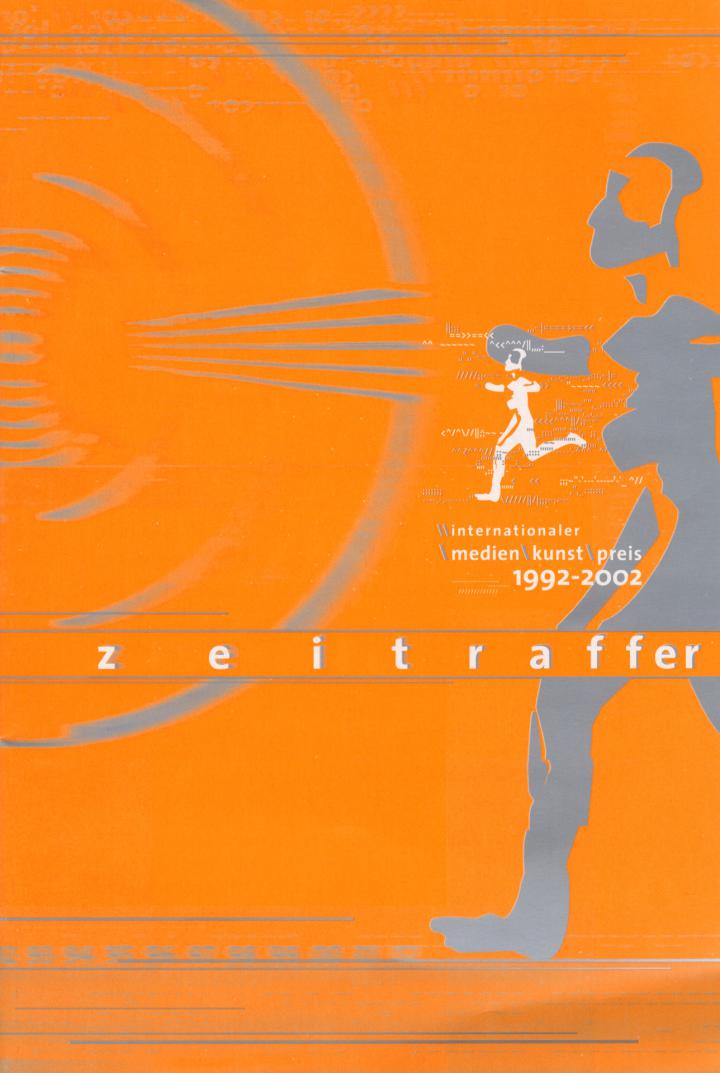
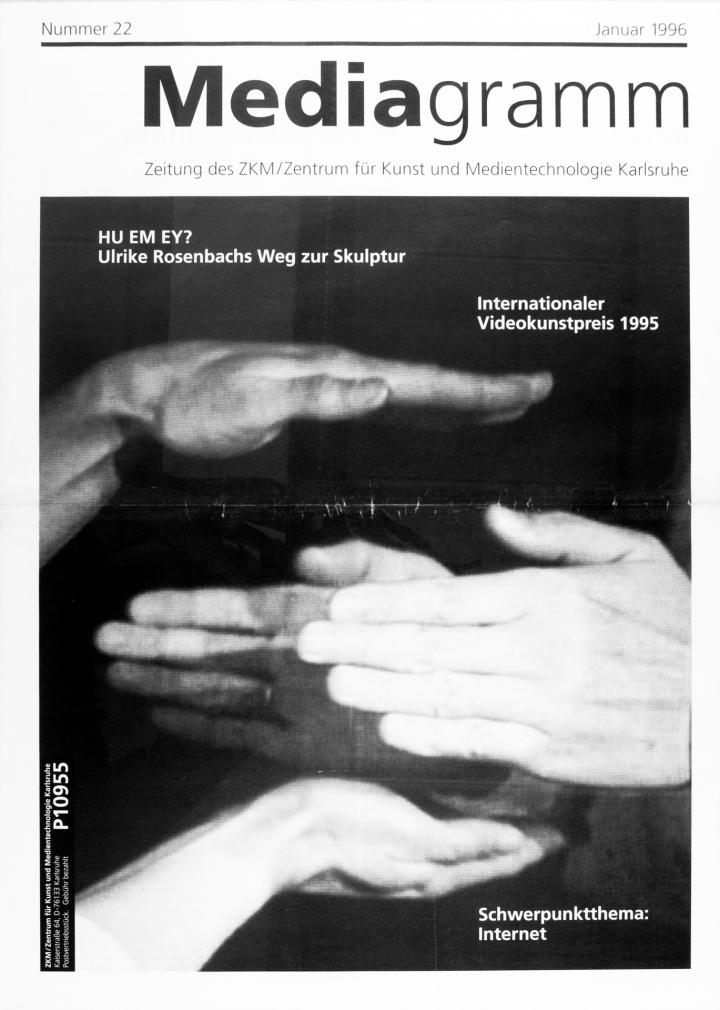
![»Inter[in]vention«, Fundaçâo Eugénio de Almeida, 2013 / © Fundaçâo Eugénio de Almeida Blue cover with white writing.](https://zkm.de/sites/default/files/styles/r17_720_dynamic/public/bild/2013_-_publikation_-_intervention_-_cover_0.jpg?itok=6WYxarwb)
